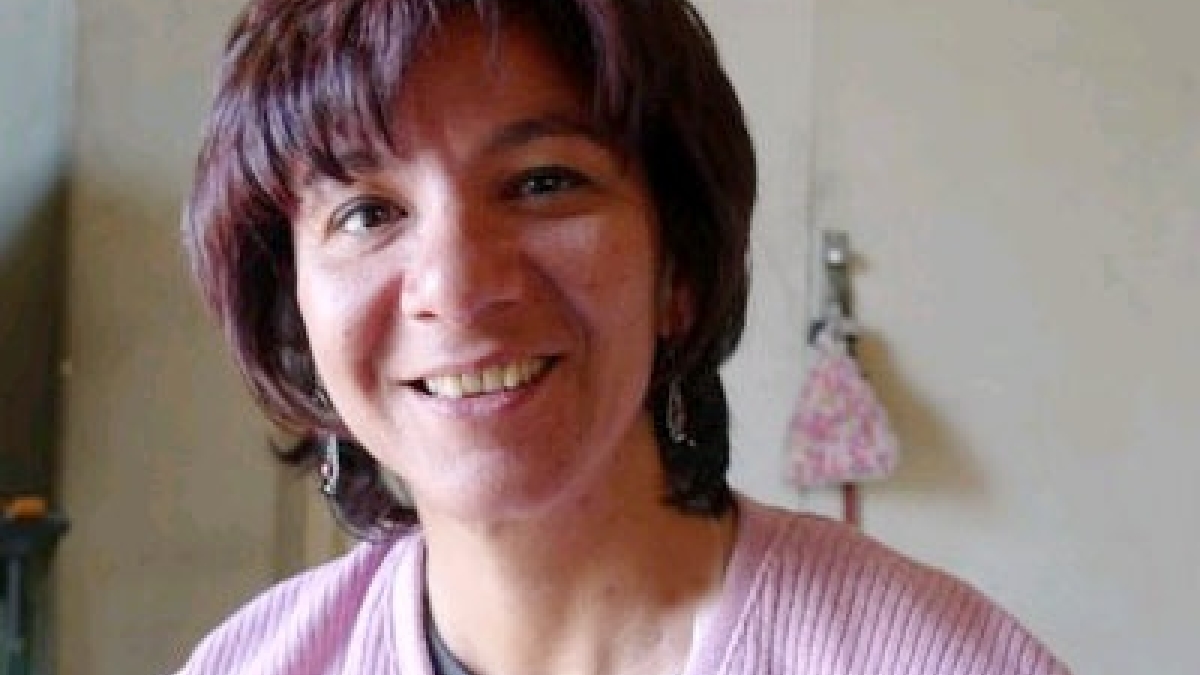Stories of Egyptian revolution, Chicano experience inform international lecture series

Two distinguished professors, each from very different parts of the word, will share their first-hand knowledge regarding the significance of life experiences and the author’s voice as part of Arizona State University's School of International Letters and Cultures’ spring 2015 International Artist Lecture Series.
This semester's series features Mona Prince, renowned Egyptian novelist, activist and literary translator, and Ronaldo Hinojosa-Smith, one of the most prolific and well-respected Chicano novelists in the United States. Both events, detailed below, are free and open to the public.
Students in the School of International Letters and Cultures, an academic unit of the College of Liberal Arts and Sciences, are provided with a variety of educational experiences that allow them to engage globally and prepare for life in the modern world. In addition to attending courses taught by world-class faculty in both ancient and modern languages and cultures, students are exposed to a wide variety of world languages and cultures through internationally focused student organizations, mentorship by faculty from around the world, study abroad programs and on-campus international guest speakers, such as those featured here.
“Memoirs of the Egyptian Revolution” by Mona Prince
4-5:30 p.m., Feb. 9, LL 14, Tempe campus
Mona Prince, renowned Egyptian professor, novelist, activist and literary translator will read from and discuss her book, "Revolution is My Name." Translated from Arabic to English last fall, her book is considered one of the most important memoirs of the Egyptian uprising in 2011. Not merely a story about the unfolding of a revolution as told by a participant, but also about how her own character develops into that of a revolutionary.
In March 2012, Prince published her memoir of the first eighteen days of the revolution in Tahrir, "Ismi Thawra (Revolution Is My Name)." The memoir is a tribute not only to women’s involvement in the revolution in Tahrir, but to the resilience and humanity of the men and women who began their journey to Tahrir on Jan. 25. Each chapter recounts events in the period from Jan. 25 to Feb. 11, 2011, beginning with the author’s bus ride to Tahrir Square and concluding with the end of Mubarak’s reign.
Prince is an assistant professor of English literature and currently has a visiting professor fellowship at Pitzer College, California. She has published many novels and collections of short stories, as well as several essays and book reviews. She is recognized for her novel "So You May See," which was translated to English in 2011.
This event is co-sponsored by the School of International Letters and Cultures and the Center for the Study of Religion and Conflict.
“A Chicano Life, Always Writing” by Ronaldo Hinajosa-Smith
3:30-5 p.m., March 6, LL102, Tempe campus
Currently the Ellen Clayton Garwood professor of American literature in the English Department at the University of Texas, Austin, Ronaldo Hinajosa-Smith will talk about his life as a Chicano growing up in South Texas, and the process of becoming a writer in a bilingual and bicultural family environment.
Born in 1929 in Mercedes, Texas, Hinojosa-Smith, is one of the most prolific and well-respected Chicano novelists in the United States. Not only has he created memorable Mexican-American characters, but also he has completely populated a fictional county in the lower Rio Grande Valley of Texas through his continuing generational narrative that he calls the "Klail City Death Trip Series" (15 volumes to date).
Hinojosa-Smith won the Premio Quinto Sol (Berkeley) for "Estampas del Valle y otras obras," and the prestigious Premio Casa de las Américas (Cuba) for "Klail City y sus alrededores." His fiction, often infused with satire or subtle humor, is widely praised for its multiple narratives that unite many characters' individual perspectives into the unique combined voice of the Chicano people.
This event is co-sponsored by the School of International Letters and Cultures, the Department of English, the School of Transborder Studies and the Maxine and Jonathan Marshall Chair in Poetry/ Creative Writing Program in the Department of English.